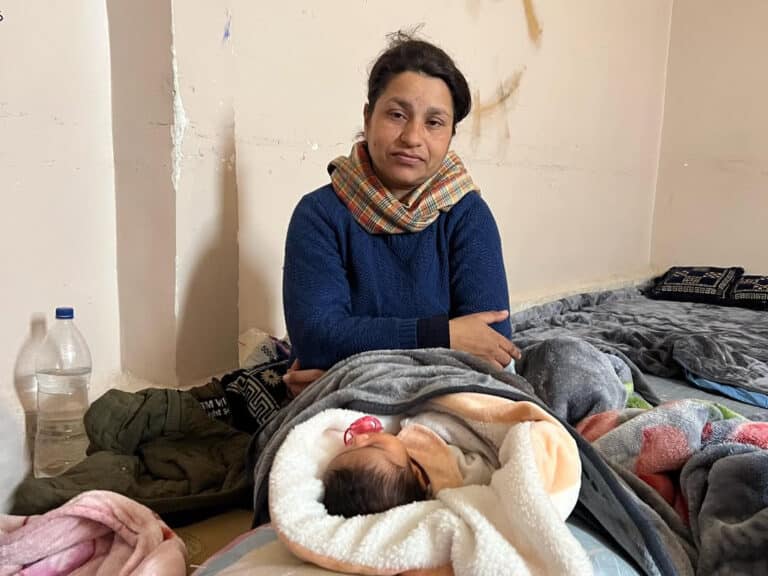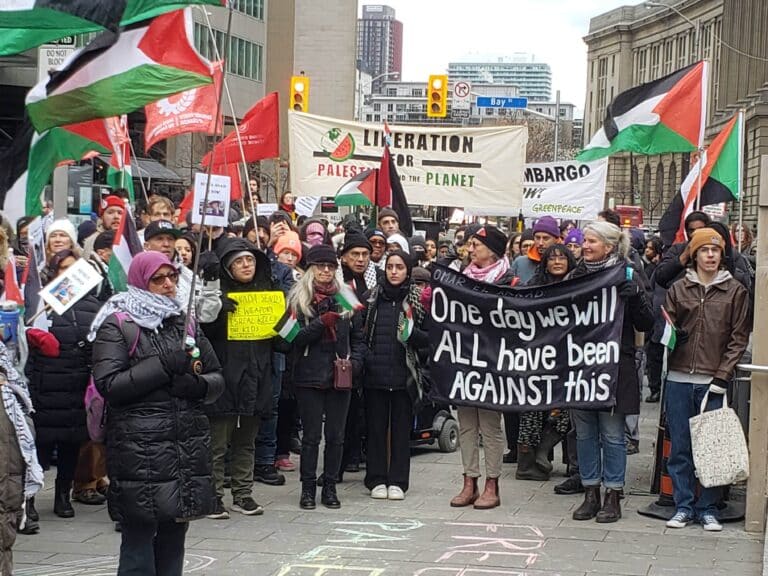In June, thousands of people who identify within the LGBTIQ+ spectrum their friends, family and other allies marched in major cities worldwide. These events ranged from mere social mobilizations, to raise awareness, to protests that denounced systemic hatred of sexual diversity institutionalised in many governments around the world.
These protests serve as a reminder to society that diverse people exist and resist stigmatization, exclusion, and discrimination. Proof of this is that in 2023 alone, the organization, Transgender Europe reported the “murder of 321 trans and gender diverse people, of this total, 94% of the victims were trans women” and of which, “almost half (48%) of the murdered trans people were sex workers.” This shows the systemic and systematic vulnerability to which one is exposed when one is impoverished and diverse.
In Colombia, the LGBTIQ+ community, victims of the armed, social, economic and political conflict, have undertaken a titanic task to recover the memory of those who have been murdered under the guise of the “fight against terrorism” which in reality is a cover up of hate crimes. These killings served as a punishment for those who openly lived their diverse identity and as a warning for those who considered leaving the patriarchal logic of war.
In our long history of walking alongside those who resist violence and oppression, we have learned that when we speak from memory, many people think of a particular thing and become frustrated, believing that what we seek is to reopen wounds or awaken the ghosts of war. The reality is when victims speak of memory they are referring to the image they have of a past that was taken from them by force and with which they have an emotional connection.
Likewise, we have understood that although history studies the past -of what is no longer- intending to analyze, interpret and reconstruct it, we need to recognise that this exercise is partial or incomplete. This cannot be confused under any circumstances with what happened in the past and we must consider that it unites our past and present. We have an emotional and affective bond with the past through which we try to understand why things happened the way they did and how it has the potential to create a better or worse future for us depending on the social status imposed on us; that of victim, perpetrator or mere spectator.
Finally, when we take to the streets to celebrate pride, we remember and create a place in society for those who still cannot do so due to fear.




